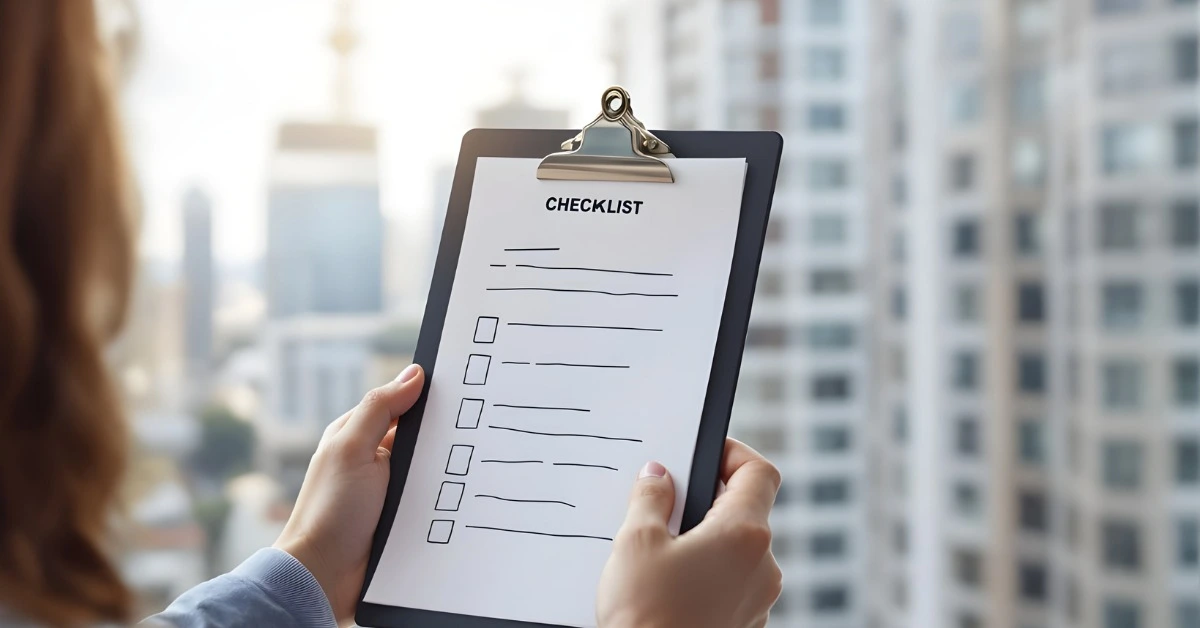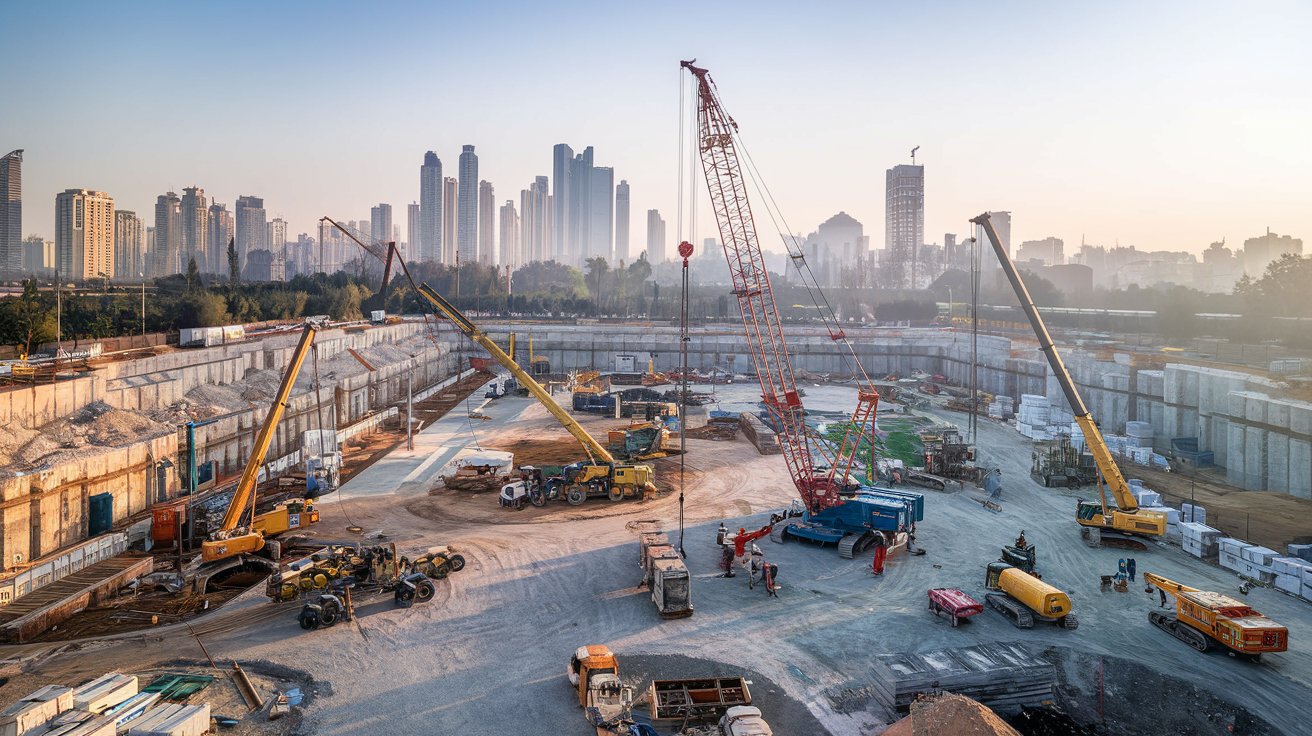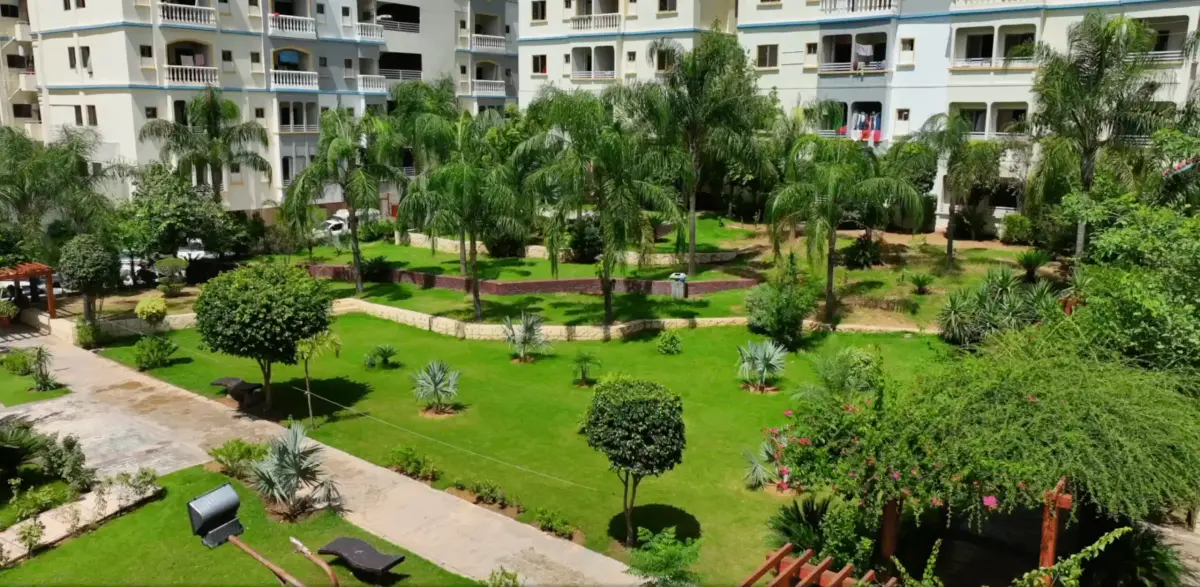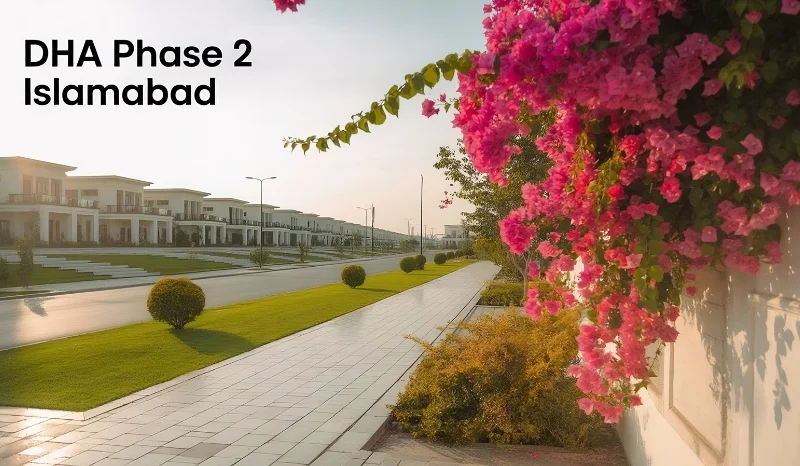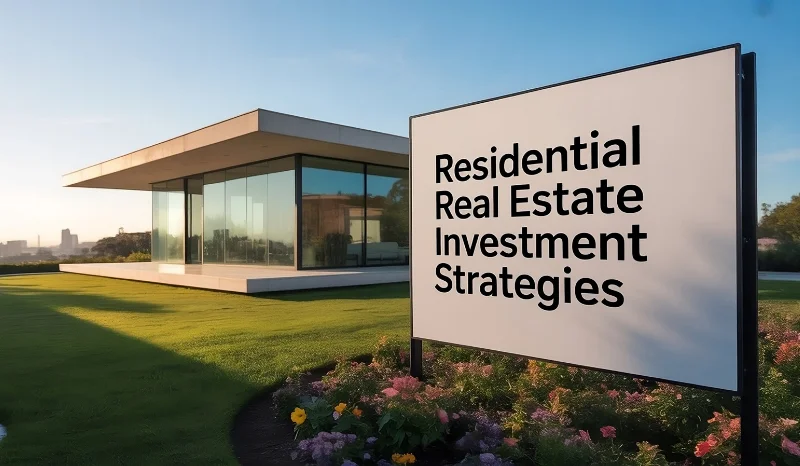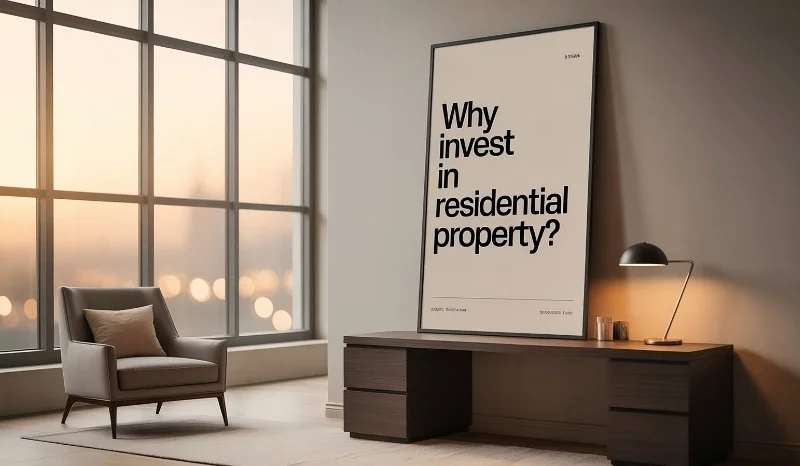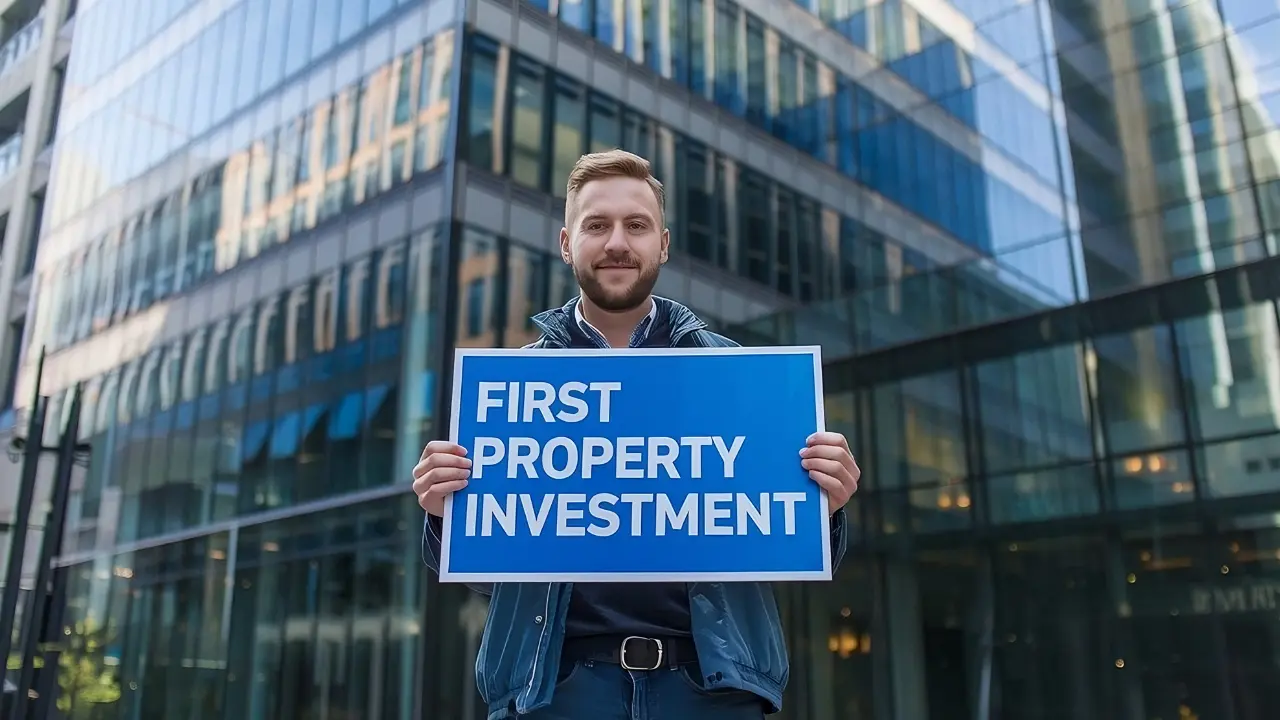Investing in property isn’t just about luck, it’s about preparation, insight, and knowing exactly which questions to ask before investing in real estate so you can safeguard your capital and maximize returns. Whether you’re exploring your first purchase or expanding a portfolio, these queries form the bedrock of your investment property checklist.
Pro Tip: Jot down your questions to ask before investing in real estate before any site visit, this ensures you cover hidden fees, legal pitfalls, and growth prospects right from the start.
What Are the Key Features of this Property?
Make sure to explore the following elements when evaluating the property’s features:
- Kitchen fittings: Are the kitchens equipped with imported fixtures and modern cabinetry?
- Bathroom quality: Do bathrooms have anti-slip tiles and premium sanitary fittings?
- Windows: Are they double-glazed for sound and thermal insulation?
- Floor-plan layout: Do corner units receive more sunlight or have better ventilation?
- Construction materials: Are the walls load-bearing and made of concrete or traditional brick?
- Interior finishes: Check for details like soundproofing, false ceilings, or designer lighting.
In Goldcrest Views, for example, many apartments offer a refined blend of functionality and aesthetics, enhancing both daily comfort and resale appeal.
What Is the Projected Appreciation in Property Value?
Appreciation isn’t guesswork, insist on hard data. Request a year‑on‑year percentage increase for similar units over the past 5–10 years, and ask whether figures account for macro factors like Islamabad’s growing GDP or population influx. Compare those rates against city averages: if Giga Downtown rose 8% annually versus the city’s 5%, you’re looking at a noteworthy edge. Finally, ask for third‑party market reports or valuations to validate the developer’s claims and reinforce your real estate due diligence.
Are There Any Pending Legal Issues or Disputes?
Legal clarity is non‑negotiable. Go beyond a verbal “no disputes” and demand to see certified No Objection Certificates (NOCs) from bodies like the Capital Development Authority (CDA), proof of environmental clearances, and any litigation disclosures. Check whether prior owners faced inheritance or boundary disputes, these can resurface even years later. Also, inquire about municipal zoning approvals: if future development is restricted, that could cap your upside. A single legal snag can stall possession for months and eat into your projected return on investment (ROI).
What Is the Total Cost, Including Hidden or Additional Fees?
Build a detailed budget by listing every potential expense, such as:
- Stamp duty
- Registration charges
- Society maintenance deposit
- Utility connection fees
- Parking or key-card charges
- Advance maintenance or security deposits
According to Zameen.com, these additional costs can significantly increase your initial investment. Always factor them into your property investment tips to keep your financial planning realistic and complete. This is one of the important questions to ask before investing in real estate.
What Are the Long‑Term Growth Prospects for This Location?
Evaluate the area’s future by asking for:
- Planned infrastructure: upcoming expressway ramps, new metro‑bus routes, or rail links
- Commercial developments: business parks, shopping centres, or office towers
- Education and healthcare facilities: international schools, hospitals, or clinics
- Township master plans: green belts, community centres, and recreational areas
For instance, DHA Phase 2’s proposed commercial district and international school can boost nearby residential values by 10–15% in three to five years. And projects like Goldcrest Views and Goldcrest Commercial enjoy a prime location with GT road and access to the upcoming Ring Road.
Who Is the Developer, and What Is Their Reputation?
A developer’s brand is your guarantee. Research how many projects they’ve completed on time versus delayed, and check after‑sales service: do they address snag reports promptly, or leave owners waiting? Scour online forums and LinkedIn groups for unfiltered feedback, residents will flag chronic water leaks or elevator breakdowns faster than glossy brochures. Developers like Giga Group maintain an average delivery lag under three months, whereas others can stretch to six or more, directly impacting your investment property checklist.
Do you Provide Information on Past Projects Completed by the Developer?
Seeing is believing. Schedule site visits to finished developments, inspect elevator brands, wiring standards, and waterproofing in bathrooms. Ask for “snag-list” documents to see common defect patterns and how quickly they were resolved. Talking to actual residents at Lignum Tower, for example, can reveal whether promised amenities (like the pool and gym) were delivered on schedule and maintained to a high standard
What Is the Expected Rental Yield for This Property?
Rental yield reflects tenant demand and cash‑flow potential. Calculate it using the formula:
Rental Yield (%) = (Annual Rental Income / Property Purchase Price) × 100
Example: If a property costs PKR 10,000,000 and rents out for PKR 600,000 annually:
(600,000 / 10,000,000) × 100 = 6% Rental Yield
Then ask if the company’s estimate accounts for realistic vacancy periods (often 30–45 days annually).
- In Bahria Town, yields average 5–6%
- Premium areas near the Blue Area can reach 7–8%
- Fully furnished units may command 10% higher rent compared to unfurnished units
According to Global Property Guide, these yield trends are reflective of current market patterns in major Pakistani cities, including Islamabad and Lahore. Confirm local rental demand with third-party listings and cross-check expected returns to improve your overall ROI.
What Are the Payment Options and Plans Available?
Financing flexibility can be a deal‑maker. Some developers offer 3–5 years of interest‑free instalments, while others require a hefty 30% down payment. If inflation runs at 10% yearly, locking in today’s rates via extended instalments could yield hidden savings. Inquire about possession‑linked payments; this lets you move in before clearing the final tranche. Also, ask whether they have tie‑ups with banks for preferential home loan rates, and what their bulk‑booking discounts look like.
What Are the Maintenance Fees, and What Do They Cover?
Ask for a transparent, line-by-line breakdown, such as:
- Security costs: guard salaries, CCTV upkeep, and gatehouse expenses
- Landscaping and gardening: lawn care, tree pruning, and seasonal plantings
- Common-area utilities: electricity for lobbies, corridors, and parking
- Generator and backup fuel: diesel or gas for power interruptions
- Cleaning services: janitorial staff and disposal of waste
- Escalation clauses: annual cap on fee increases (e.g., max 5% per year)
If you’ll be overseas, inquire about “vacation maintenance plans” that reduce fees during prolonged vacancies. It is one of the most important questions to ask before investing in real estate.
What Is the Average ROI for Properties in This Area?
ROI combines appreciation and rental income. For instance, if your property appreciates by 8% and yields 6% in rent, your total ROI is around 14%. Always review third‑party valuations and compare ROI across similar developments. Don’t forget to include costs like loan interest and maintenance in your calculations. (Zameen, n.d.) According to Imlaak.com, properties in top areas of Islamabad and Lahore offer 12% to 15% annual ROI, supported by steady appreciation and strong rental demand.
What Is the Expected Completion Date for the Project?
Construction delays carry real costs. Obtain a granular milestone chart—foundation, structural shell, finishing, and handover date. If the project is only 40% complete, ask for the developer’s funding plan to ensure they have cash to finish. Clear timelines help you plan rent‑up strategies, loan servicing, and minimize unplanned carrying costs.
What Is the Liquidity of This Investment?
Real estate isn’t as liquid as equities. High‑demand zones like Blue Area and Giga Downtown often see resales in less time; peripheral sectors may take 6+ months. Ask for average days‑on‑market data in the specific development and whether the developer offers a buy‑back guarantee at a predefined discount—this can give you an exit option if you need quick liquidity.
What Level of Risk Is Associated with This Investment?
Break down potential risks into clear categories:
- Macro-economic risks: currency fluctuations, interest-rate hikes, and regulatory changes
- Development risks: construction delays, funding shortfalls, or quality-control issues
- Market risks: oversupply in the neighbourhood, shifting tenant demographics, or economic downturns
- Operational risks: property-management failures, maintenance backlogs, or security lapses
Request a risk-mitigation plan from your agent—options may include indexed payment structures, escrow accounts for milestone payments, or specific insurance coverages.
Conclusion & Next Steps
By weaving these questions to ask before investing in real estate into your due diligence process, you’ll craft a watertight investment property checklist and execute informed decisions that protect your capital and grow your wealth.

